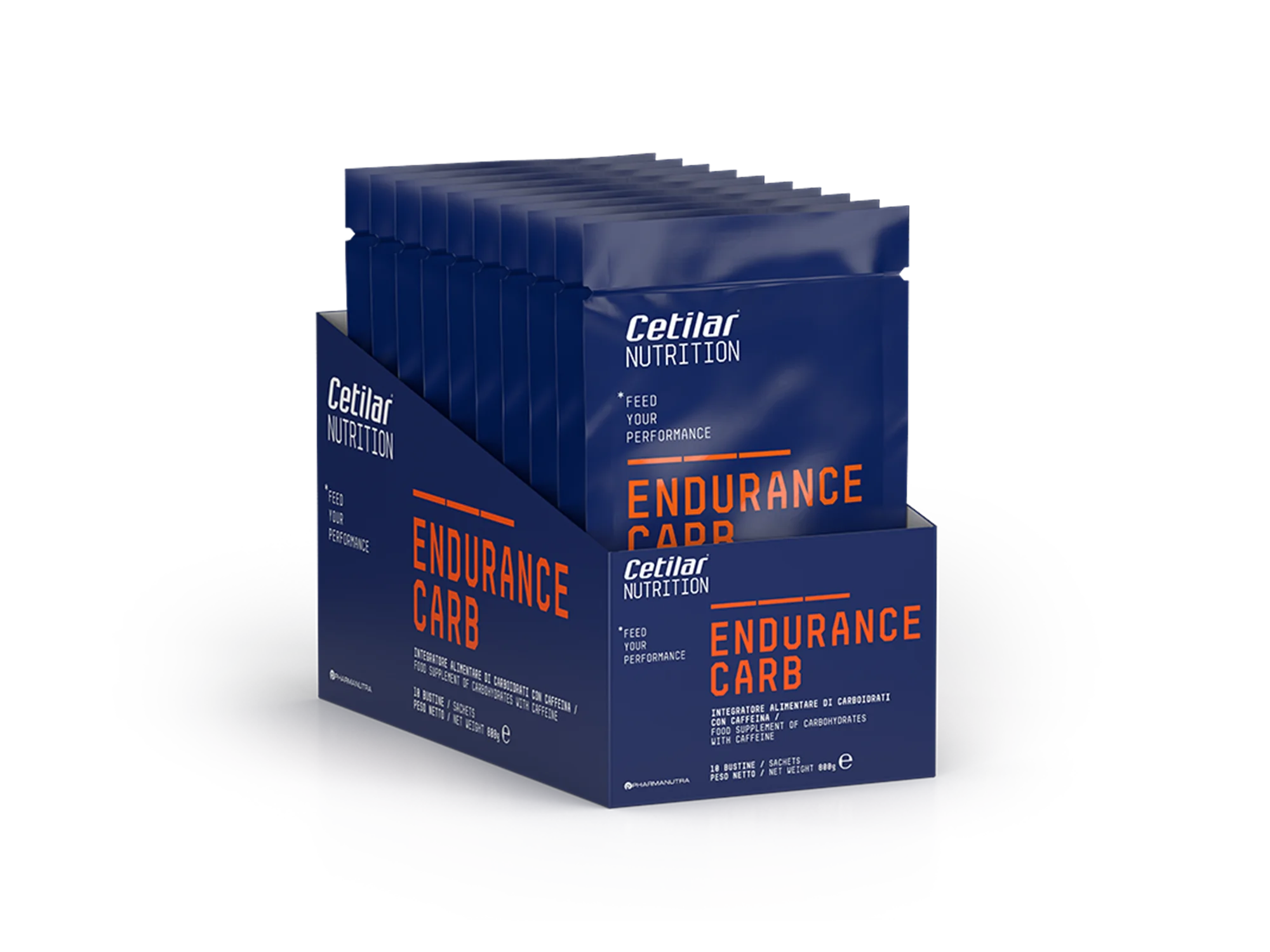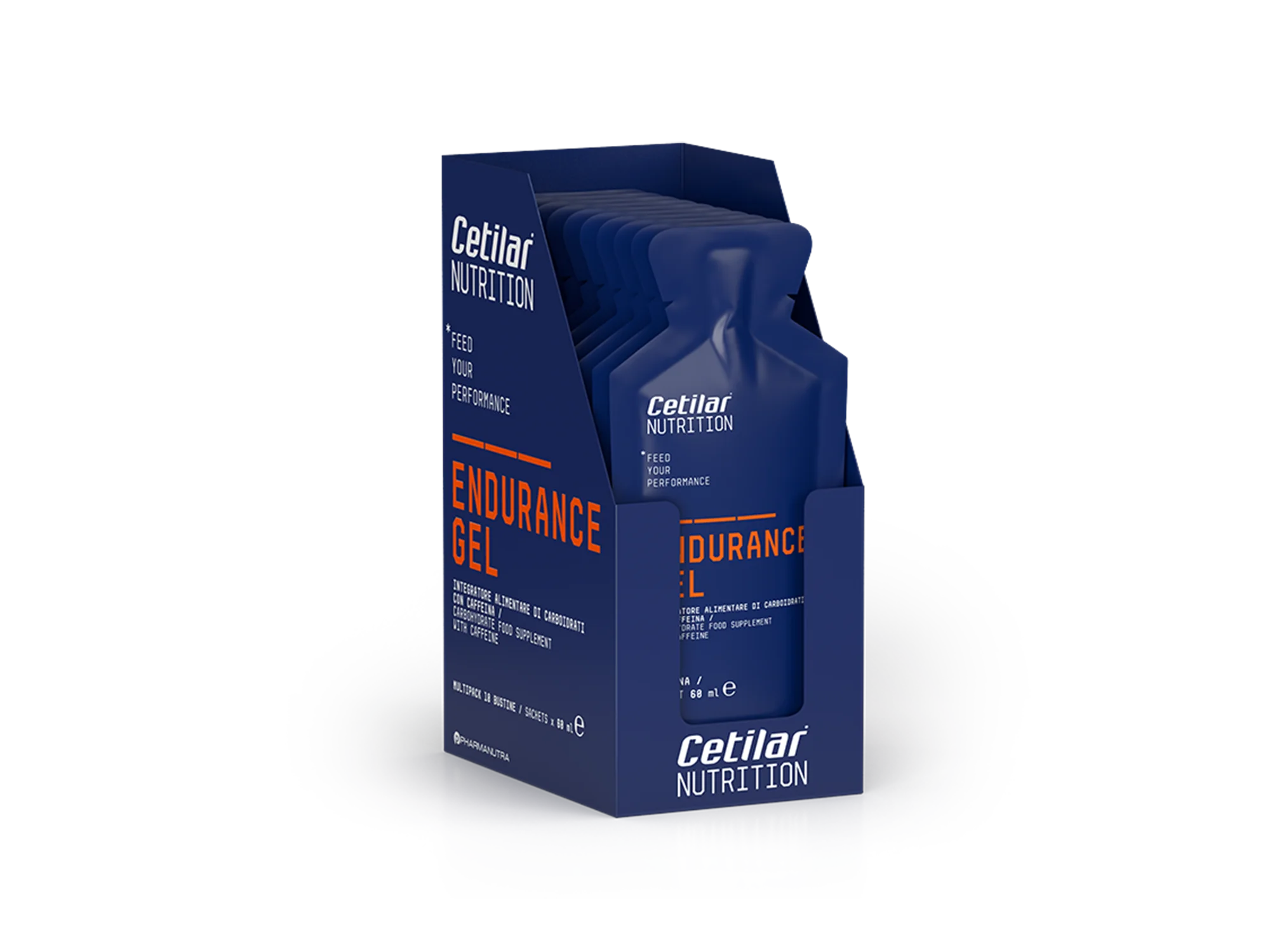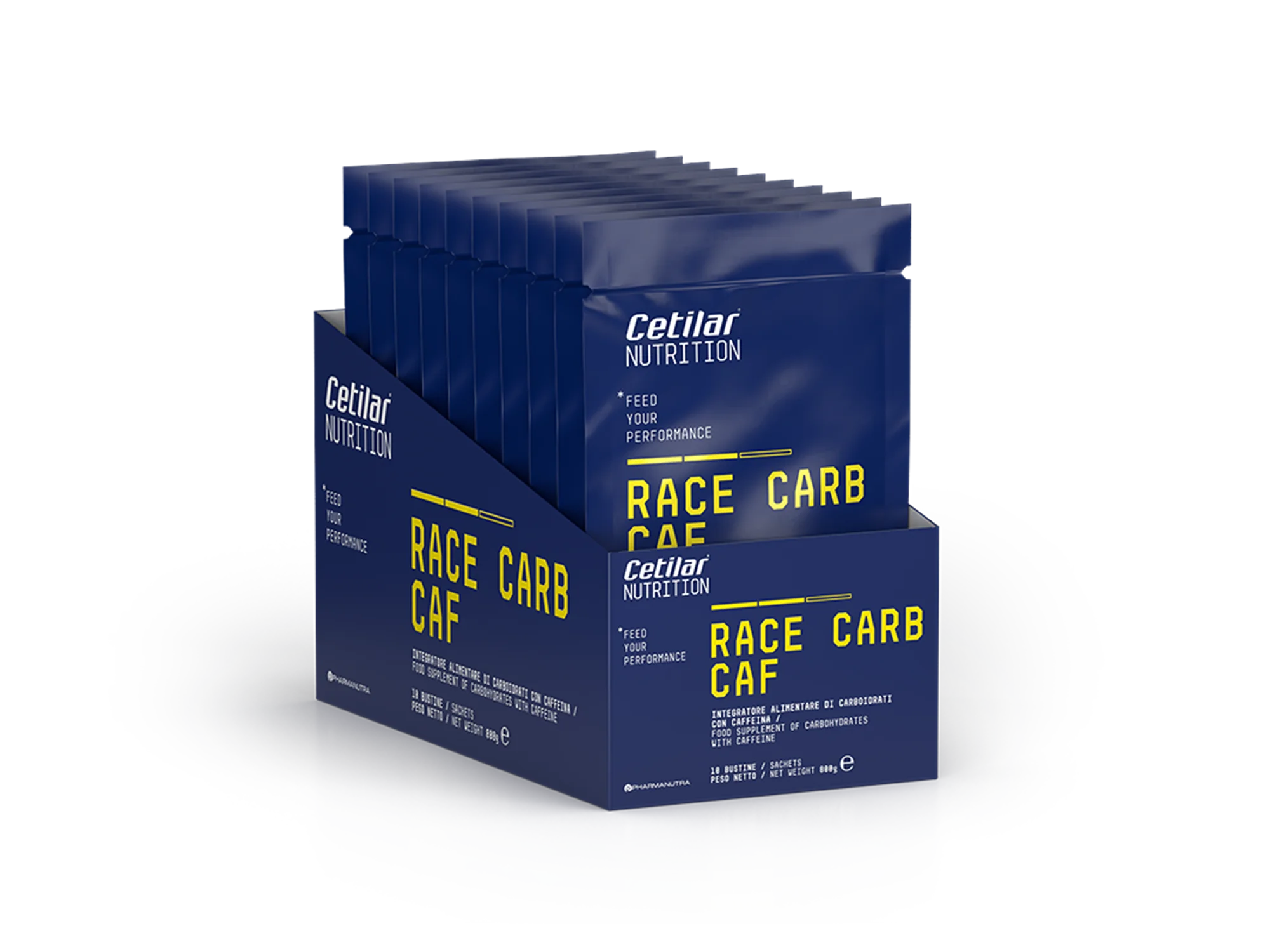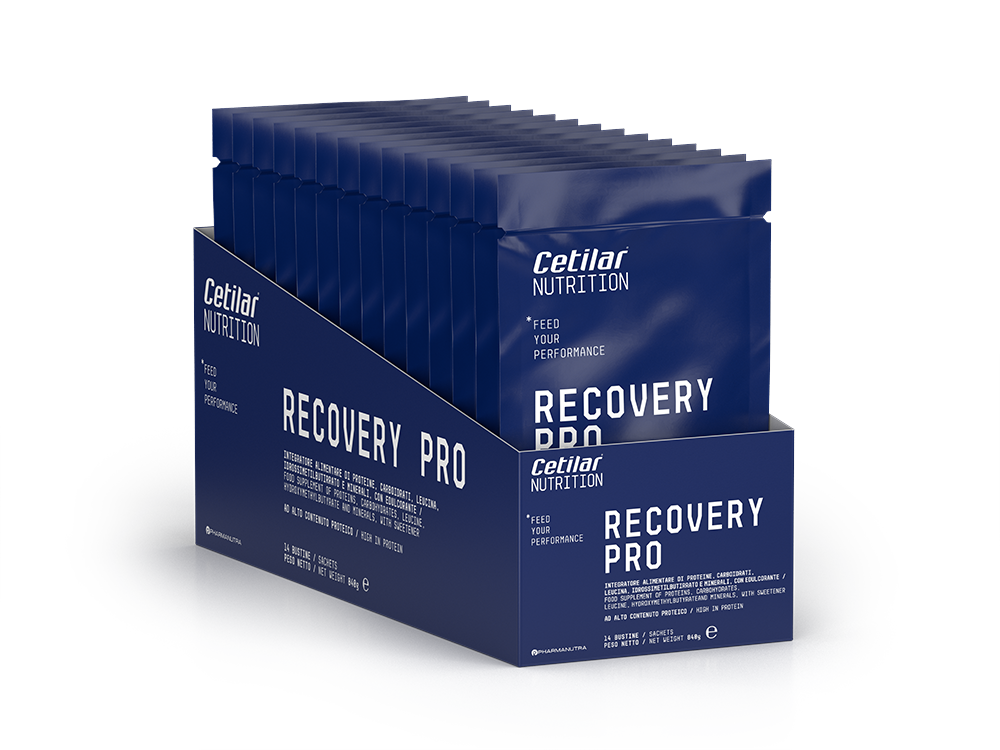Endurance sports nutrition: how to tackle long distances

Maintaining a proper sports diet is essential for achieving your goals. This principle also applies to all endurance sports where ensuring adequate sports nutrition allows the athlete not only to keep performance high, but also to guarantee all-round mental and physical health and well-being. As always, apply the general rule that your diet must be healthy and balanced.
What are endurance sports?
First let’s take a step back: what are endurance sports?
Endurance sports are disciplines where sporting performance is prolonged, at least 30 minutes, and extends over long distances. They are often aerobic disciplines in which training takes place at a constant heart rate. In these sports, training endurance is crucial because it allows the goal to be reached in the shortest time possible. Activities like cycling, walking, swimming, running, downhill skiing and cross-country skiing are defined as endurance sports.
The right sports nutrition for people who practice endurance sports
As we have seen, endurance sports require a high degree of physical and mental effort on the part of the athlete: both training and competitions require high energy levels. This suggests that people who practice endurance sports should maintain a targeted sports nutrition, perhaps supervised by an expert in the field.
To begin with, proper sports nutrition must maintain a fat mass percentage of between 5 and 12% in men and 12 and 21% in women: a wide range that varies depending on the discipline. Excessive fat mass reduces the athlete’s performance. Their diet must therefore be calibrated according to the right calorie requirements. If you need to reduce the fat mass, a calorie deficit must be created using formulas and tables to do this correctly.
In any case, proper sports nutrition must be balanced. Given that physical activity in endurance sports lasts for a long time, carbohydrates are the key macronutrient: these allow the body both to compensate for the significant expenditure of energy and build up a sufficient reserve of muscle energy to support frequent training sessions. Large quantities of carbohydrates, ranging from 3 to 12 g per kg of body weight, may therefore be required.
Fats also play an important part in sports nutrition for people involved in endurance sports, as they are fundamental, together with carbohydrates, for providing energy during aerobic sports activities. Approximately 25-30% of total daily calorie intake has to consist of fats.
As for simple carbohydrates, the advice is to take them as food prior to working out or during physical activity: this is because they are easily digestible, which means they are readily used by the body. Complex carbohydrates are best consumed a few hours before physical activity, so as to avoid being weighed down and reducing performance. For a prolonged training session or longer distances, the advice is to have drinks containing a portion of carbohydrates to provide an adequate reserve of these nutrients.
A good solution can be Endurance Carb: a powdered carbohydrate supplement with a 1:0.75:0.75 trehalose, maltodextrin and fructose ratio, which allows a controlled release of energy. Endurance Carb is ideal for maintaining high long-distance sports performance as you can dissolve it in water and drink it during physical activity when physical effort lasts beyond 2 hours.
Furthermore, the Cetilar® Nutrition range includes Recover: a protein, carbohydrate, leucine and hydroxymethylbutyrate supplement specifically intended for muscle recovery. It is enriched with iron and zinc to ensure a lesser feeling of fatigue, normal function of the immune system and protection of cells from oxidative stress, which has a strong impact on athletes who practice endurance sports.



